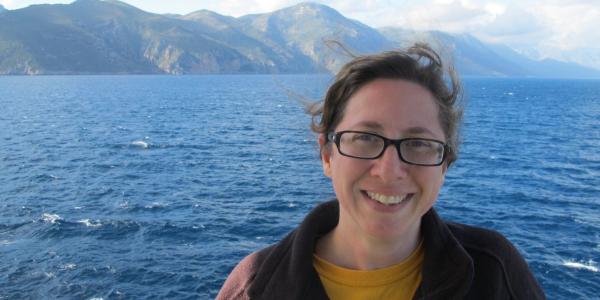A Gas from the Past: Holocene Paleo-limnic Eruptions at Lake Kivu?
Modern Lake Kivu is a geochemically unusual East African lake with permanently stratified waters and high concentrations of carbon dioxide (CO2) and methane (CH4) at depth. Previous studies of Lake Kivu suggest that hydrothermal activity has played a significant role in the stability of the stratification of the overlying water column, with warmer, more saline bottom waters likely established with the advent of hydrothermal activity into the lake ~3,100 years ago. Concentrations of gasses in the water column make Lake Kivu one of only three lakes globally with the potential for limnic eruptions. However, the frequency and occurrence of possible degassing events and their effects on the lake ecosystem are unknown. Berke will present records of organic biomarkers using recently collected sediment cores from Lake Kivu that suggest gas eruptive events with significant impact on the lake ecosystem over the last ~11,000 years.
Melissa Berke is Clare Boothe Luce Assistant Professor in the Department of Civil & Environmental Engineering & Earth Sciences at Notre Dame. Her research investigates past climate variability and associated global ecosystem change, using organic geochemical biomarkers to measure and quantify change through time. For more information, view Professor Berke's faculty profile.

